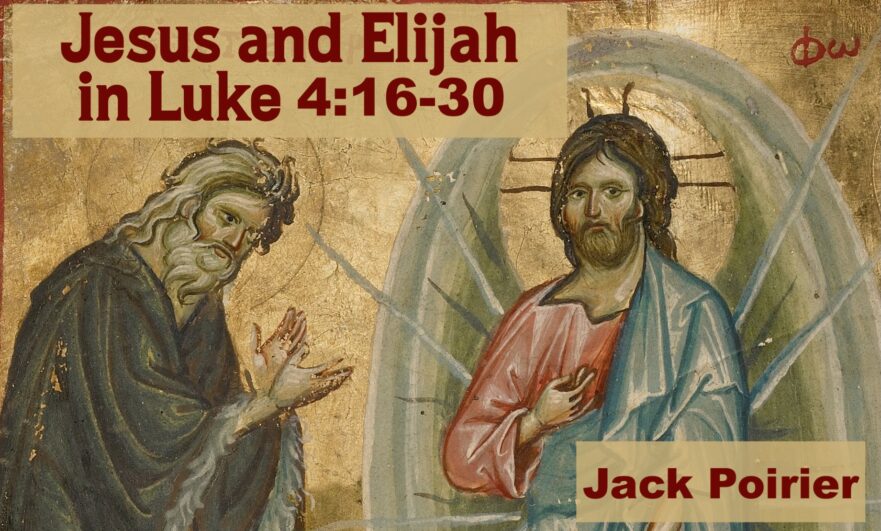Jesus’ association with Elijah is a prominent theme in Luke-Acts.
The Sabbath Was Made for Man
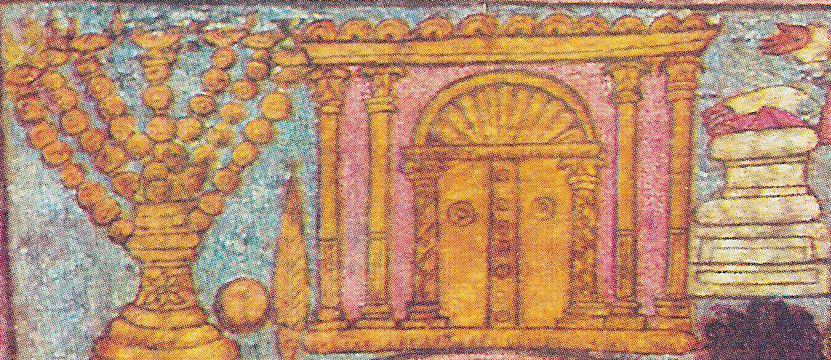
Jesus was no rogue rejecting the Jewish opinion regarding the sanctity of the Sabbath. Instead, he tried to balance the importance of God’s instruction with the extenuating demands of the human setting.
The Season of Redemption

In the face of a national disaster, hope remained. Summer and its ripe figs—signs of future redemption—would come.
A Milestone in Halvor Ronning’s Life: Cause for Reflection
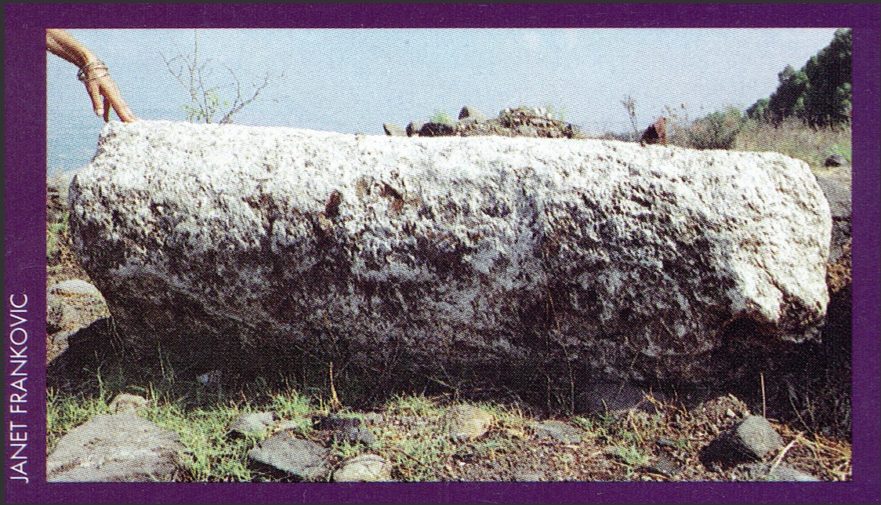
Last night I attended the birthday party of one of my closest friend, Halvor Ronning. Gathered around him were children, grandchildren and friends. Having lived 65 years, Halvor had reached a milestone in his life. There was good reason to celebrate.
Parables of Ill Repute
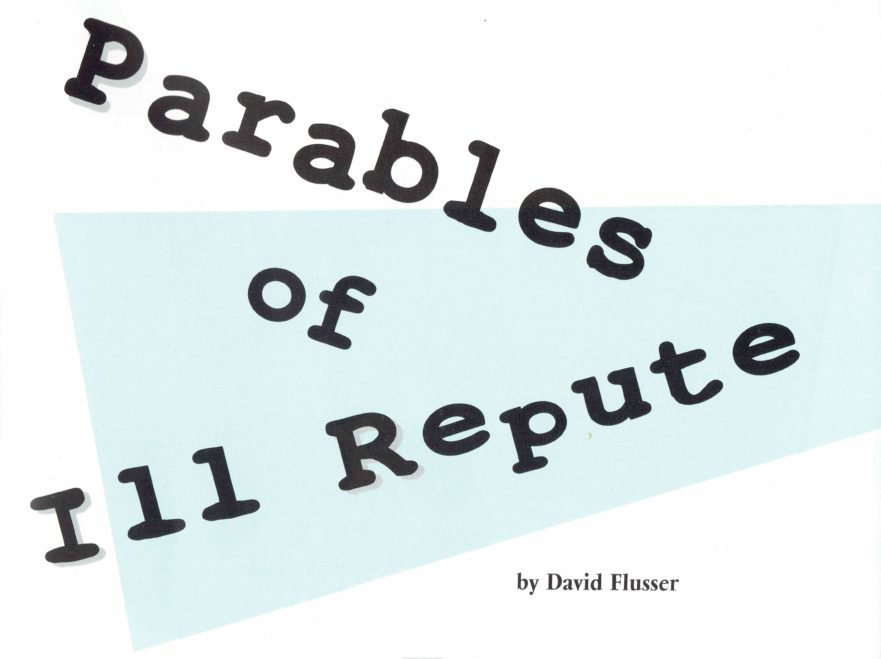
In rabbinic parables God could be portrayed as behaving in a morally ambiguous manner: he might be a cruel slave owner or a heartless judge. In a few Lukan parables, Jesus also portrayed God as behaving scandalously. Often unsettling for modern readers, such portrayals added humorous elements to the plot and heightened the dramatic effect.
Character Profile: A New Portrait of Salome

Salome’s image has been obscured and marred due to the personas created for her by writers of the past 150 years. Salome is famous for the part she played in the execution of John the Baptist. Since 1863, she has been depicted in books and films as morally depraved. Diligent research reveals, however, that the real Salome is much different than popular portrayals.
Robert L. Lindsey and His Synoptic Theory

In this article, Finnish scholar Risto Santala appraises the synoptic theory of Robert L. Lindsey and its importance for New Testament studies.
Enemies of the Harvest
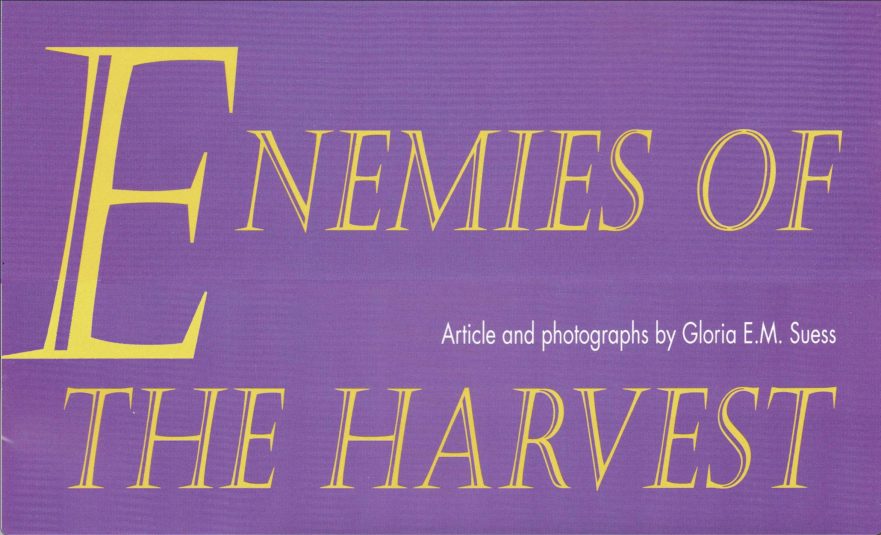
In his famous Parable of the Sower, Jesus referred to seed sown in soil that was full of thistles. What did these thistles look like, and how did they succeed in choking the grain plants?
Paraphrastic Gospels
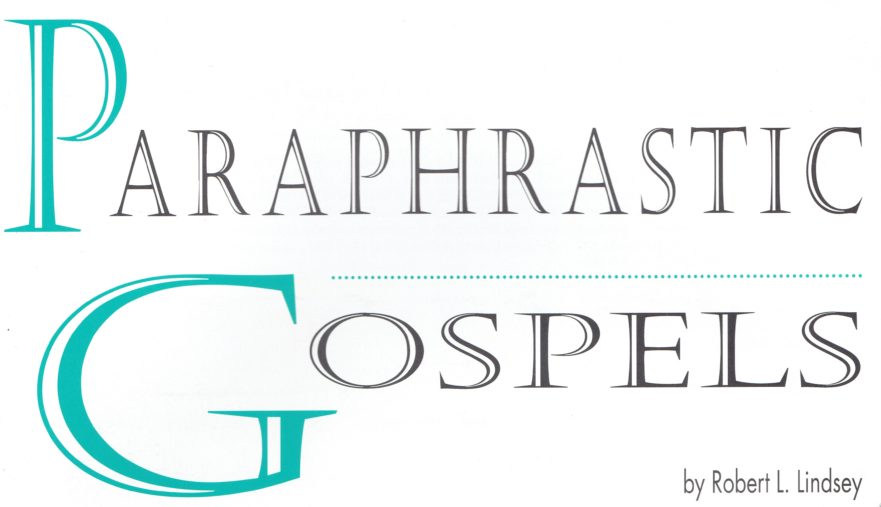
As Robert Lindsey realized in 1962, Mark reworked Luke’s Gospel in writing his own. Mark liked to substitute synonyms for nearly anything that Luke wrote. If, for instance, Luke used the singular of a noun, Mark substituted the plural form of the same noun in writing his Gospel. And vice versa: if Luke used the plural, Mark substituted the singular. In this article, Robert Lindsey surveys a unique substitution category found in Mark’s Gospel: the replacing of one verse of Scripture with another.
Stewards of God’s Keys

Jesus gave his disciple Peter the “keys of the kingdom of heaven” and promised that whatever Peter “bound” and “loosed” on earth would be “bound” and “loosed” in heaven. What scriptural allusions lurk beneath these expressions and what are their implications? How does the Jewish literary background of Matthew 16:19 help us better appreciate Jesus’ words?
“And” or “In order to” Remarry?

Apparently, contrary to normal Greek usage, Greek’s kai (“and”) in the sense of “in order to” occurs in the Synoptic Gospels.
Unlocking the Synoptic Problem: Four Keys for Better Understanding Jesus
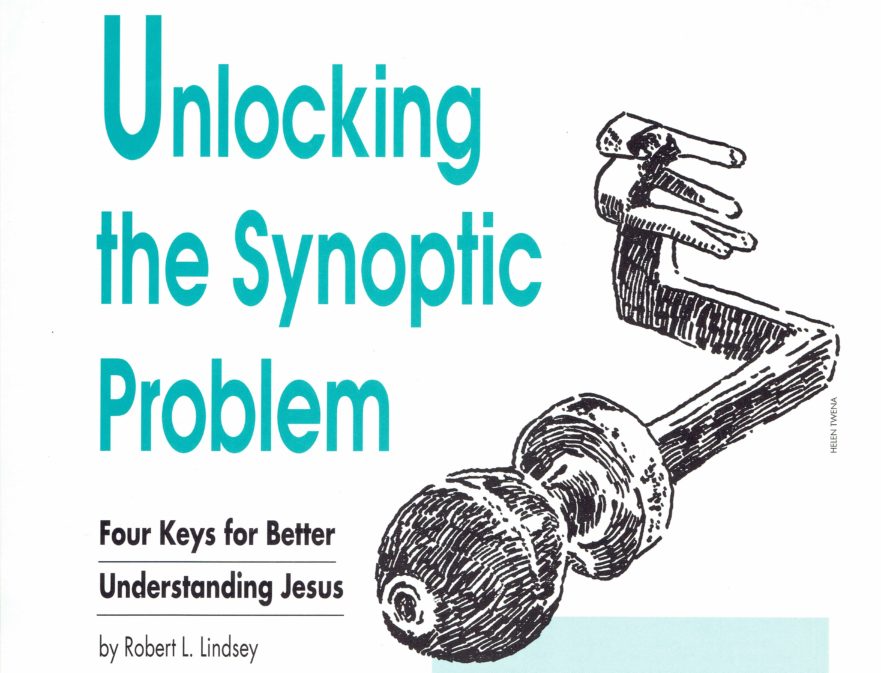
While translating the Gospel of Mark to modern Hebrew, pastor-scholar, the late Dr. Robert Lindsey was forced to conclusions that ran counter to his seminary training. If correct, his conclusions have the potential for revolutionizing New Testament scholarship. In this article, Lindsey condenses the results of a lifetime of research.
Why I Am a Member of the Jerusalem School

The appeal of the Jerusalem School of Synoptic Research lies in the potential of its research methodologies to make the words and claims of Jesus clearer.
The Power of Parables

Jesus was a master teacher. Therefore, it is significant that he relied heavily on parables. What is it about parables that makes them so moving and memorable?
Lilies of the Field

Tulips, poppies, daisies and other wildflowers have been suggested as candidates for the “lilies of the field” in the Sermon on the Mount. In this photo essay we discover the subtleties of his message about these beautiful, short lifespan flowers.
Matthew 16:18: The Petros-petra Wordplay—Greek, Aramaic, or Hebrew?
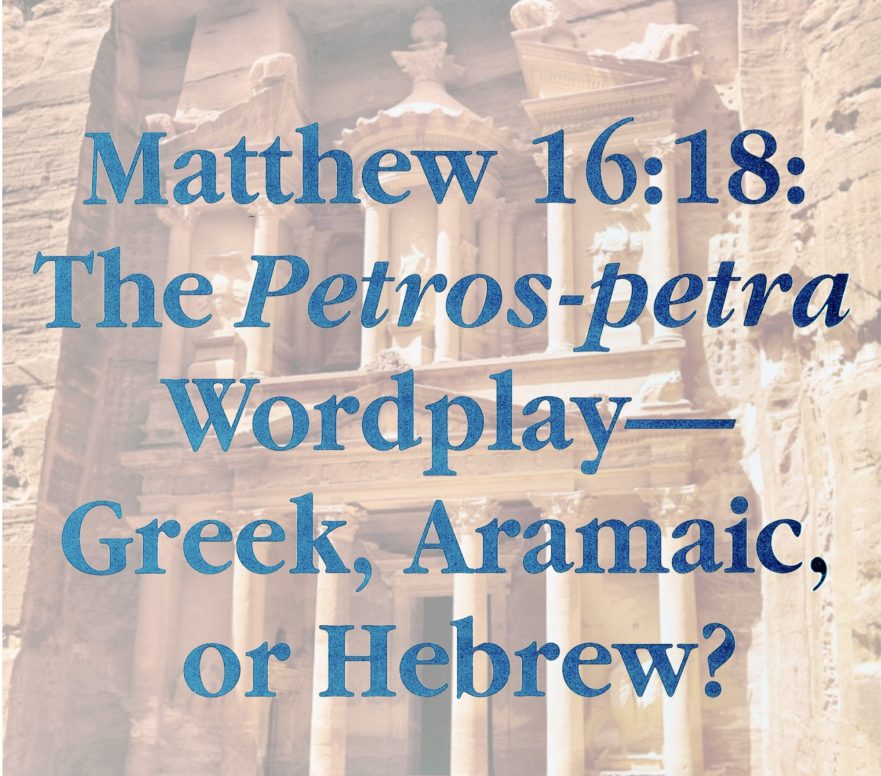
The pinnacle of the Gospel story may be Jesus’ dramatic statement, “You are Petros and on this petra I will build my Church.” The saying seems to contain an obvious Greek wordplay, indicating that Jesus spoke in Greek. However, it is possible that “Petros…petra” is a Hebrew wordplay.
Remember Shiloh!

Without paying attention to ancient Jewish exegesis one can easily miss the full impact of Jesus’ statement, “den of thieves.” Was Jesus solely addressing the vendors, or was he aiming at bigger game?
Pieces to the Synoptic Puzzle: Papias and Luke 1:1-4

Despite a rather turbulent transmission process, the Synoptic Gospels retain an astonishing amount of authentic and reliable material.

